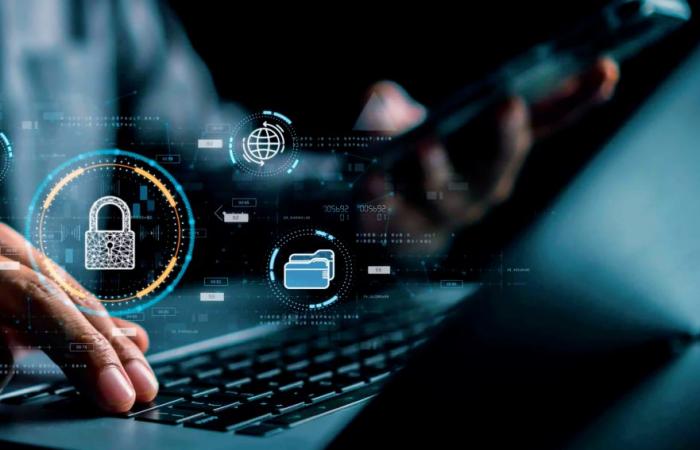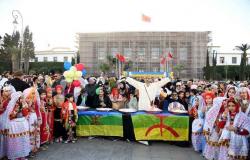AWith millions of visitors expected and major international issues, the protection of personal data and cybersecurity are becoming essential priorities for Morocco. The stadiums, the central locations of these competitions, represent sensitive points in terms of security. This is why Morocco is investing in cutting-edge technologies. Advanced video surveillance systems equipped with artificial intelligence can detect suspicious behavior in time real.
These solutions, already tested in similar events abroad, offer better crowd management and rapid response in the event of incidents. This was the case during the 2022 World Cup in Qatar, where more than 15,000 connected cameras were installed to monitor the stadiums and their surroundings, a model that inspires Moroccan preparation. In addition, an electronic ticketing system will help reduce the risks of fraud and overcrowding in stadiums.
CThis device will allow better control of visitor flows, while providing preliminary dataskies on entrances and exits. The digitalization of sporting events exposes organizers to increased cyber threats. Information systems, such as ticketing platforms, mobile applications and stadium Wi-Fi networks, are potential targets for cybercriminals. A successful cyberattack could disrupt the event or compromise spectators’ personal data. To respond to these challenges, Morocco is strengthening its cybersecurity infrastructure.
The deployment of advanced intrusion detection systems and real-time behavioral threat analysis are among the priority measures. Furthermore, collaboration with companies specializing in cybersecurity makes it possible to exchange best practices and benefit from international expertise. During the last World Cup, Qatar mobilized a cybersecurity team of more than 100 experts to prevent potential attacks, a strategy that Morocco could adopt. In addition, campaigns Outreach will be conducted to inform staff and spectators of digital risks, while promoting best practices, such as using secure passwords and avoiding unsecured public networks.
The organization of events of this scale is not without consequences for internal security. Law enforcement agencies will need to coordinate their efforts to ensure the safety of urban areas, transportation and sports facilities. This mobilization includes the use of technologies such as facial recognition and smart sensors to monitor strategic locations.
-“FIFA, as the governing body of world football and organizer of the World Cup, collects a large amount of personal data from various sources. World Cup ticket sales are one of the main ways FIFA collects data. Fans purchasing tickets often provide their personal information such as name, address, passport number and their payment information. In addition, official FIFA apps and websites, which provide match schedules, ticket updates and fan services, also collect data on user activity and preferences,” explains Rachid Amrani. , cybersecurity expert.
The role of national authorities such as the National Commission for the Protection of Personal Data (CNDP) is central. This commission ensures that user data is collected and processed in accordance with Moroccan law. Likewise, the General Directorate of Information Systems Security (DGSSI), the national authority in charge of cybersecurity, is currently preparing a new version of the national cybersecurity strategy.
During recent competitions, FIFA launched applications mobile and digital platforms that allow supporters to access a wide range of services, such as booking accommodation, navigating host cities and receiving personalized notifications. These technologies rely on the collection of personal data, including location information, to provide users with real-time, location-based updates and recommendations.
Additionally, FIFA and its partners (sponsors, broadcasters and media) leverage fan data to target advertising, personalize experiences and gain insights into fan behavior. Social media platforms also play an important role in collecting and analyzing fan data during the tournament. Fans post comments, share their match experiences and participate in various World Cup-related competitions, leading to the generation of large datasets suitable for commercial use.






